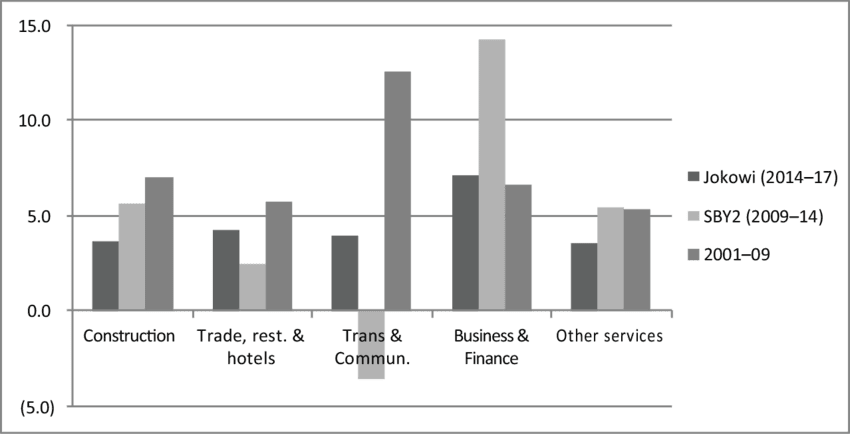Workforce training in Indonesia’s construction sector has become a critical focus for both the government and private sector. With a rapidly growing need for safe, efficient, and skilled labor, training programs are viewed as essential. This is to enhance productivity and safety, particularly in large-scale national projects like the Nusantara Capital City (IKN). This article explores why training and upskilling are vital for Indonesia’s Construction Workforce, highlighting government efforts and initiatives aimed at building a safer, more competent workforce.
Indonesia’s Construction Workforce: Enhancing Safety and Reducing Accidents
One of the primary goals of training Indonesia’s Construction Workforce is to improve safety. Construction work is inherently risky, with hazards ranging from falls and equipment malfunctions to electrical hazards. Without proper training, these risks increase, leading to accidents that endanger lives. It can also drive up operational costs due to compensation claims and lost productivity. Training programs, therefore, focus heavily on safety protocols and equipment handling, giving workers the knowledge they need to prevent accidents.
Ongoing education also plays a crucial role, ensuring that workers are always up-to-date with the latest safety regulations and procedures. This proactive approach reduces the likelihood of injuries and cultivates a safety-oriented culture on construction sites.
Indonesia’s Construction Workforce: Increasing Productivity and Efficiency
Productivity is another pressing issue in Indonesia’s Construction Workforce. Despite having one of the world’s largest workforces, the country’s productivity rate remains lower than that of neighboring countries, such as Malaysia and Singapore. Indonesia’s productivity rate averages around US$14 per hour, significantly trailing behind Malaysia’s US$26 and Singapore’s US$74. This gap emphasizes the need for upskilling programs to increase the efficiency and effectiveness of Indonesian workers.

Training empowers workers with advanced skills and knowledge of new technologies, helping them perform their tasks more accurately and quickly. For example, exposure to new construction techniques and digital tools enables workers to complete projects faster and with greater precision. Ultimately, it leads to cost savings and higher customer satisfaction. By addressing productivity challenges, workforce training helps create a more competitive construction sector in Indonesia.
Supporting National Projects Like Nusantara (IKN)
As mentioned above, training Indonesia’s Construction Workforce is important for big projects. The IKN project, Indonesia’s ambitious smart capital city initiative, underscores the importance of training a competent workforce. As a sustainable “smart forest city,” Nusantara requires construction workers with specialized knowledge. This includes knowledge in smart city principles, environmental sustainability, and advanced problem-solving skills. To meet these demands, the Ministry of Public Works and Public Housing has been active in providing targeted training to construction workers near the project site and across Indonesia.
In 2022 alone, the ministry trained nearly 9,800 workers, surpassing its target by over 2,500. These training sessions include both online and practical components, covering topics like Building Information Modeling (BIM) and heavy equipment operation. Participants come from diverse backgrounds, including vocational schools and universities, ensuring a pool of well-rounded, knowledgeable workers capable of meeting the unique demands of the IKN project.
Government Initiatives in Workforce Training
The Indonesian government, through programs like Kartu Prakerja, is also addressing the broader need for workforce development across industries. Prakerja is Indonesia’s largest vocational training program, aimed at improving the skill levels and entrepreneurial capabilities of Indonesian workers. In 2023, Prakerja allocated around IDR4.2 million per participant, supporting them in attending various training sessions. This large-scale effort has reached over 18 million workers since its inception, and in 2023 alone, it aims to train 1.15 million more.
Such initiatives demonstrate the government’s commitment to bridging the productivity gap and empowering workers with practical, market-relevant skills. By providing training scholarships and online and offline courses, Prakerja not only strengthens the construction sector but also boosts labor market resilience and productivity nationwide.
Building a Skilled, Resilient Workers for Indonesia’s Construction Workforce
Workforce training in Indonesia’s construction sector is more than an investment in skills. Training Indonesia’s Construction Workforce is a step toward building a more sustainable, competitive industry. With improved safety practices, enhanced productivity, and a workforce capable of supporting large-scale national projects, Indonesia’s construction sector is well-positioned for growth. As training efforts continue to expand, they bring the promise of a safer, more productive industry that can support Indonesia’s ambitious infrastructure goals.

